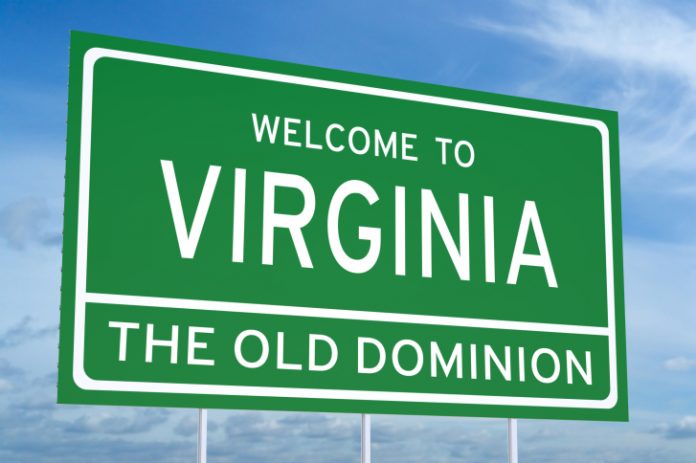Outgoing Virginia Governor Ralph Northam signed an executive order [No. 82] directing Virginia’s Departments of Environmental Quality, Conservation and Recreation, Historic Resources, and the Marine Resources Commission to develop policies and procedures to ensure federally recognized tribes have an opportunity for written consultation on development projects and land management.
Virginia Tribes’ Gain Recognition
Northam’s order comes nearly four years after the Trump Administration formally recognized six of the seven federally recognized Virginia tribes.
In 2016, following a campaign that began in 1999, the Pamunkey Indians became the first Virginia tribe to win federal recognition.
Five others tribes – the Chickahominy, Eastern Chickahominy, Upper Mattaponi, Rappahannock, Monacan and Nansemond tribes – were recognized under the Thomasina E. Jordan Indian Tribes of Virginia Federal Recognition Act of 2017, which President Donald Trump signed in January 2018. The federal action enables these tribes to create laws, collect taxes, and manage their lands. These tribes members also became eligible for federal assistance in education, health care, and housing.Northam’s Order Gives Influence
Northam order applies to environmental impact reports for major state projects, State Corporation Commission project reports, Virginia Department of Aviation environmental reports, and environmental impact assessments for oil and gas well drilling operations in Tidewater Virginia.
The order also covers federal consistency determinations under the Coastal Zone Management Act, groundwater withdrawal permits of over 1 million gallons per day, designation of historic buildings and landmarks, burial permits for relocation of human remains, local government notifications for new and existing impoundment structures or dams, cave collection permits pursuant to archaeological or historic features in caves, underwater recovery permits, and more.
Federal law already required the U.S. Environmental Protection Agency to consult with tribes when its actions and decisions may affect tribal interests, notably on major air, water, and waste discharge permits.
Northam’s order requires the state’s DEQ to coordinate with the EPA and the federally recognized tribes in the issuance or modification of these major permits to insure there is an opportunity for tribal input.
Northam’s order also creates an Ombudsman for Tribal Consultation within the office of the Secretary of the Commonwealth.
Why This Order? Why Now?
Northam executive order is purely political theater, since tribal peoples in the state are already consulted on projects affecting their interests under Federal law and have input under state law, says Stephen D. Haner, Senior Fellow at the Virginia-based Thomas Jefferson Institute for Public Policy.
“The regulatory processes involved already require public input and often turn to formal stakeholder groups for input, as do the parallel federal reviews” said Haner. “We’re not sure specifically recognizing the tribal organizations will greatly increase their participation, which was already allowed, or the weight given to their views over and above other Virginia citizens, landowners, or stakeholders.
“To do that, to give them say actual veto power, would require legislation, in our opinion,” said Haner. “Why now? We have no idea, but we live in an age when virtual signaling passes for policy.”
The order won’t actually come into full effect until incoming Gov. Greg Youngkin takes office and could be reversed by Youngkin.
Duggan Flanakin (dflanakin@gmail.com) writes from Austin, Texas.



























Pamunkey did not win federal recognition they met all the criteria under the old process including all the genealogy, documentation, historical records. They proved everything and the BIA made the Final Determination. Other federal recognized in Virginia did not, they went thru Congress because they didn’t have to prove genealogy.